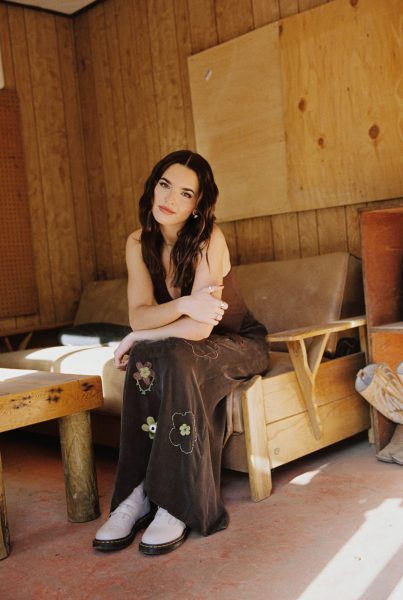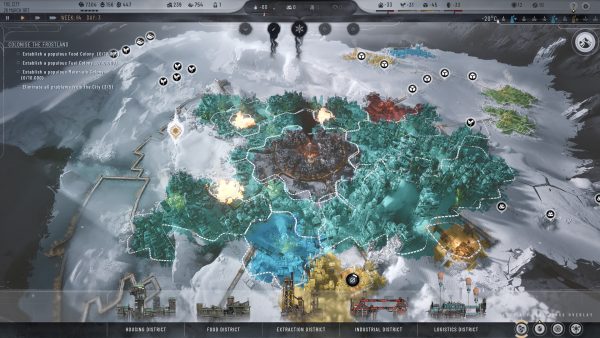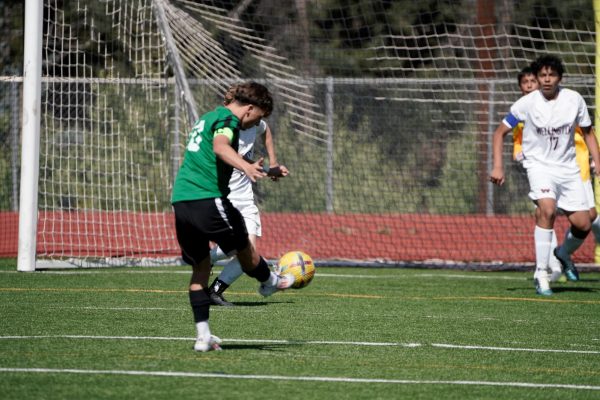Between Mother and Daughter
Tovah Feldshuh on Lilyville: Mother, Daughter, and Other Roles I’ve Played

Tovah Feldshuh and Marie Brenner discuss Feldshuh’s memoir
Tovah Feldshuh, actress, playwright, and singer has played many roles in her life. But now she’s taking a new turn in her career with her memoir, ‘Lilyville: Mother, Daughter, and Other Roles I’ve Played.’
Lilyville stands as an homage to Feldshuh’s mother, Lily Feldshuh, who passed away at 103 in 2014. The memoir gives insight to Feldshuh’s relationship with her mother and their relationship in regards to her career as an actor.
“She was remarkable,” Feldshuh said, “My mother helped me create resilience, because when the going got rough, I already had the rough.”
During her childhood, Feldshuh’s relationship with her mother was strained at times, as she felt her mother wasn’t all too supportive of her. Feldshuh described her mother as showing her love through good deeds.
“She did good things for good people, kind things for everybody she could, but she wasn’t very verbal for my brother, or myself. So much so that I would ask David, “How do we even know mommy loves us?” And my brother would say, “Because Mommy is always there,”” Feldshuh said. “But it created a black hole of silence, an emptiness in me, that I pay for in all the events I wrote in my first manuscript.”
Although she felt a disconnect with her mother as a child, Feldshuh believes that her memoir and acting helped them connect more. Yet, Lily wasn’t the most supportive of her daughter’s desire to become an actress, and made her discontent with her career choice known.
“She didn’t fight me, she just remained silent. She did say, ‘what did I do to have two kids in the theatre’,” Feldshuh said.
Feldshuh’s relationship with her mother changed as she became an adult and thinks that as she had children, she started to better recognize her mother’s point of view. Feldshuh used the insight she gained from those experiences, in addition to observing her own relationship, to write Lilyville and capture her mother’s life and personality as a whole.
“I began to understand her. When I turned 40 my mother turned to me and said, ‘how much longer are you gonna blame me?’ And I said, ‘not another moment.’ I willed it so, she was the only mother I had and she gave me my life,” Feldshuh said, “She had a great life, and she had a great death, and she did what any good parent would do. The last thing my mother taught me was how to die. She taught me what it looks like and what it means to die. I don’t think we have much to be afraid of.”









